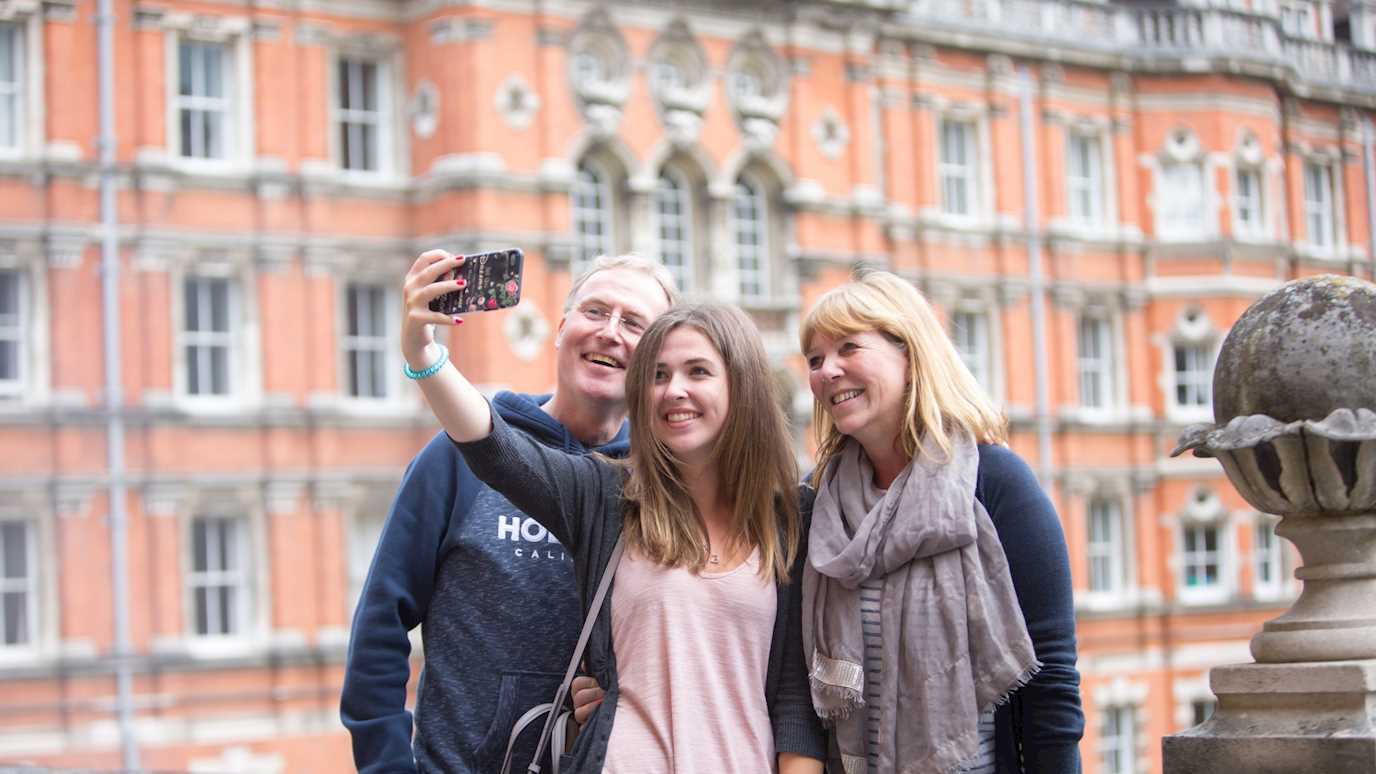If you went to university you probably remember the long hours studying, the parties and the friends you made for life. Those aspects are still present today but there are some things about the university experience which are now different.
The World Wide Web
Almost all of the processes involved with applying to university take place completely online. The Universities and Colleges Admissions Service (UCAS) has operated undergraduate university admissions since 1992. Students complete an application form on UCAS, then apply and narrow their decisions down on UCAS Track. Similarly, students apply for their student loans on the official Government website, and usually will complete an online application form for university accommodation. The internet also has a lot to offer in terms of resources to make the process easier. Forums such as The Student Room allow students to share experiences and answer questions, MoneySavingExpert gives advice on student bank accounts and loans, and online league tables will help your child narrow down their university choices.
Choice
University expansion has meant that there are far more universities to choose from. There are over 150 Higher Education institutions in the UK and thousands more further afield. There are over 30,000 different courses on UCAS to choose from, meaning that there is a course to suit almost anyone. Nowadays, far more young people choose to pursue university, in fact in 2017 over 32% of 18 year olds in the UK entered higher education. Also, new types of courses, such as Degree Apprenticeships, 2 year degrees and courses with a Year in Industry mean there are different ways to achieve a degree. Deciding on what and where to study can be difficult and confusing. There are several websites to assist in the process including the National Student Survey (NSS) which collates student feedback about their university experience.
Costs
A big change in relation to higher education in recent years has been the introduction of tuition fees and an overhaul of the student finance system to replace grants with loans. Tuition fees charged by universities are currently set at a maximum of £9,250 per year with students being able to apply for loans to cover both tuition and maintenance. Universities recognise that choosing to enter higher education is a large financial undertaking, and aim to give students value for money through academic contact time, support services, opportunities to develop skills, and in-depth careers support.
Employability
The graduate job market is more competitive than ever. Accordingly, an important focus for students is how prepared they will be for life after university. Offering options such as taking a professional year in industry, work placements, vacation schemes and part time jobs means that universities are supporting their students to become more employable. The university careers service will provide assistance with job applications, mock assessment centres and interviews, networking events and CV building sessions.
Accommodation
University accommodation options and halls of residence are more varied and undoubtedly more luxurious than they were in the past. Students can choose from a twin self-catered room with a shared bathroom and kitchen, to an en-suite studio with double bed and flat screen TV. This breadth of choice means that there is an option to suit every budget.
So, what hasn’t changed?
University is still a life-changing experience, where students are able to mature, live independently and learn more about themselves. Many will discover career pathways that they didn’t know existed and meet people who will become their friends for life. University can open up opportunities that your child would otherwise be unable to access and provide the knowledge and support to allow them to achieve their ambitions.
View this information as a PDF.

























